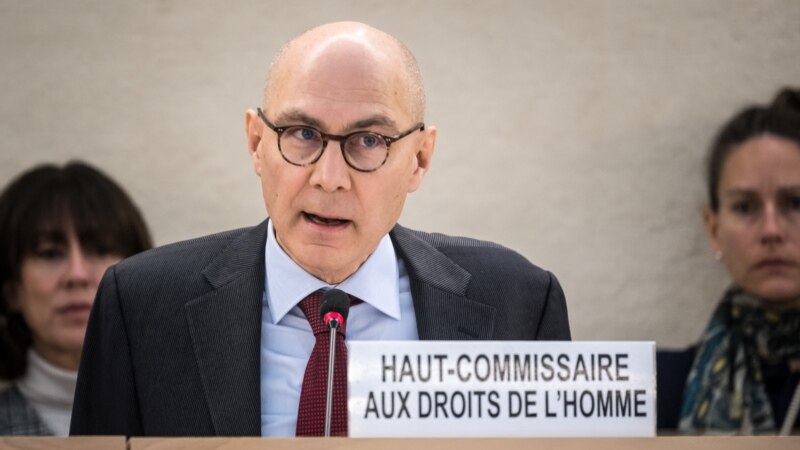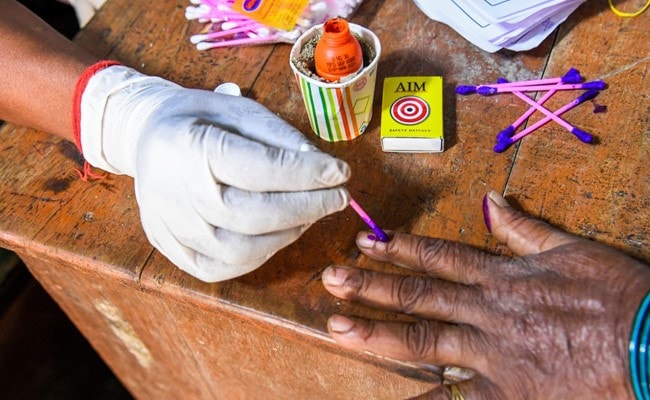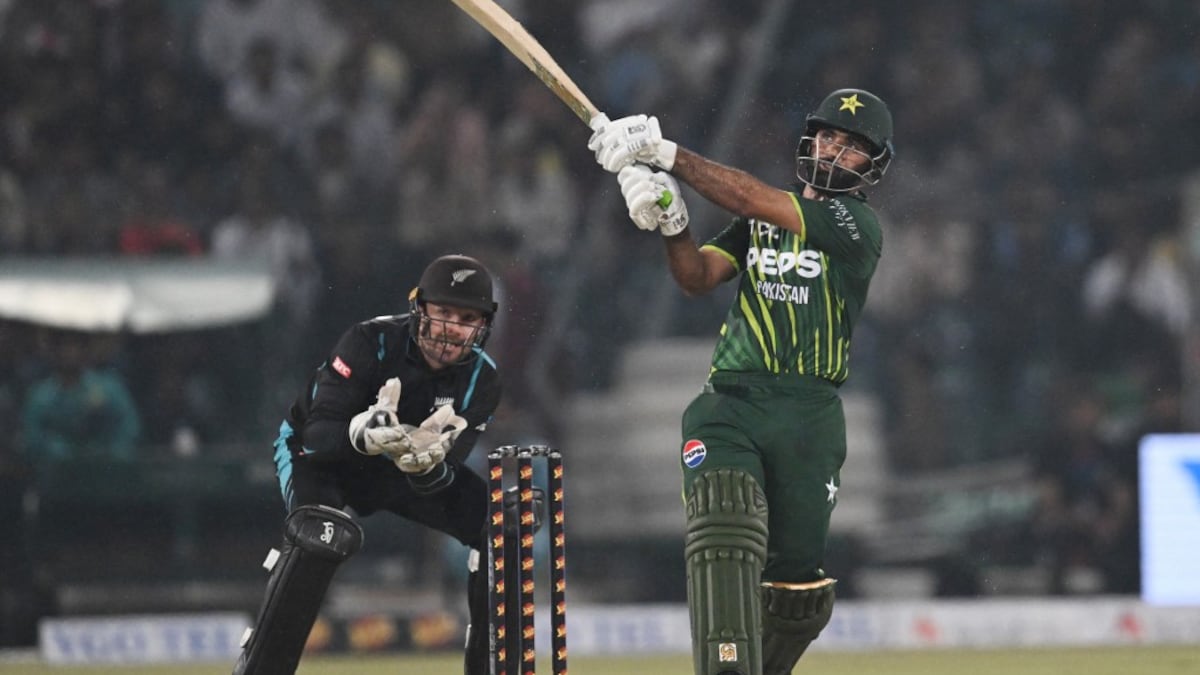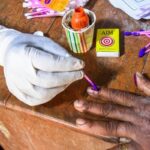
The potential spread of dozens of conflicts around the world is threatening global peace and leading to a surge in human rights violations in all regions, UN High Commissioner for Human Rights Volker Türk has warned.
Türk gave an update on the human rights situation around the world at the United Nations Human Rights Council in Geneva on Monday, painting a dire picture of spreading conflicts that are destroying the lives of millions of civilians.
“Rarely has humanity faced so many rapidly escalating crises,” he said, noting that 55 conflicts around the world were “destroying people’s lives, destroying economies, and seriously undermining human rights” and leaving millions of people suffering from widespread Violate and “totally destroy people’s hopes.” Multilateral solutions. “
Displacement and humanitarian crises have reached unprecedented proportions, legitimate governments are being overthrown, and those in power are choosing war to solve domestic and international problems, he said.
Turck warned that all these conflicts are having serious regional and global consequences.
“Overlapping emergencies make the specter of spillover conflict very real,” he said. “The war in Gaza has had an explosive impact across the Middle East. Conflicts in other regions, including the Horn of Africa, Sudan and the Sahel, are also likely to escalate dramatically,” he said, adding that increasing militarization of the Korean peninsula had raised the threat level.
He said: “The war in Gaza has had dangerous spillover effects in neighboring countries, and I am deeply concerned that any spark in this powder keg could lead to a wider conflagration. This will have consequences for every country in the Middle East and It has an impact on many countries in other regions.”
With a quick glance at the current situation in dozens of countries, Turck paints an overview of the current dire situation on the African continent. He called the worsening security crisis in the Democratic Republic of the Congo’s eastern provinces alarming.
He praised Ethiopia for the steps it has taken to end military operations against the Tigray People’s Liberation Front, but said the humanitarian situation in the north remains very serious and “human rights violations continue in areas under the control of Eritrean and Amhara forces.” Behavior remains an obstacle to lasting peace.”
He called the human rights situation in Mali and Burkina Faso very worrying, noting that military operations in these countries have intensified and armed groups have seriously violated the human rights of civilians.
Elections may solidify dictator’s position
The High Commissioner reported that more than 60 countries, home to nearly half the world’s population, will hold elections this year. Unfortunately, he said, instead of serving as milestones for democratic principles, many of these elections have entrenched authoritarian rule, provided a license for corrupt practices and denied “the poor and disenfranchised the right to determine their own future.” .
“In many parts of the world, many politicians deliberately incite confrontation and xenophobia to win support, especially during elections,” he said. “In this reckless abandonment of the common good for short-term personal gain, they are tearing apart the ability to unite Fundamental human rights principles for all of us.”
Turck also expressed concern about the prospect of intense disinformation campaigns driven by generative AI in the context of elections. “Strong regulatory frameworks are urgently needed to ensure the responsible use of generative AI, and my office is doing its best to advance these frameworks,” he said.
He highlighted a number of countries that are holding elections to legitimize their dictatorships.
“In the Russian Federation, authorities have further stepped up their crackdown on dissenting voices ahead of this month’s presidential election. Some candidates have been blocked from running due to alleged administrative irregularities. Opposition leader Alexei Navalny dies in prison , heightening my serious concerns about his persecution,” he said.
He added that since Russia invaded Ukraine, thousands of politicians, journalists, human rights defenders and others have been criminally charged simply for speaking out against the war.
He condemned Iran’s legislative elections three days ago, which “took place in a country deeply divided by a government that suppresses the rights of women and girls.” He said the election was the first chance for Iranians to vote since nationwide protests erupted after the death of 22-year-old Mahsa Amini in police custody on September 16, 2022. She was arrested on suspicion of improper veiling.
“Those who took part in the protests were persecuted, sentenced to long prison terms, and in some cases even executed,” he said. “I urge immediate reforms to uphold the rights of all Iranians.”
He expressed concern about the deterioration of human rights related to elections in other countries around the world, including Chad, Rwanda, Somalia, India, Bangladesh, Mexico, Venezuela and Poland.
Tilke criticized some U.S. practices and called on the U.S. government to “ensure non-discrimination, equality and universality of the right to vote.”
“The 2021 Presidential Executive Order recognizes that discriminatory policies and other barriers disproportionately limit the right to vote for people of African descent and underscores the need to overturn these policies.”
Still, he noted that at least 14 states passed laws last year making it more difficult to vote. “In a context of deep political polarization, it is important to emphasize equal rights and the equal value of every citizen’s vote,” he said.
The High Commissioner condemned the escalating attacks on LGBTQ+ people and their rights, noting that some countries have recently expanded, adopted or are considering discriminatory legislation and policies.
The countries he called for condemnation include Belarus, Burkina Faso, Ghana, Lebanon, Niger, Nigeria, the Russian Federation, Uganda and several U.S. states.
“Recognizing the rights of LGBTQ+ people means the meaning of equality and the right of everyone to live free from violence and discrimination,” he said.
Follow us on Google news ,Twitter , and Join Whatsapp Group of thelocalreport.in
















